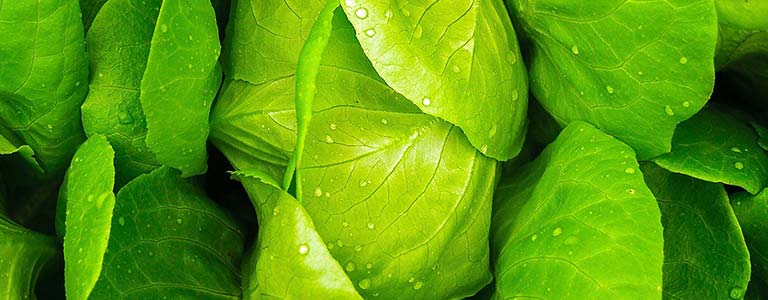
The T. Colin Campbell Center for Nutrition Studies (CNS) is committed to increasing awareness of the extraordinary impact that food has on the health of our bodies, our communities, and our planet. We are always looking for evidence-based content that is compelling and educational; we also love featuring inspirational wellness journeys and transformative stories about plant-based health.
If you are interested in submitting an article for our website, please carefully read all of the following guidelines first. Failure to comply with these guidelines may result in your submission not being published.
GUIDELINES
Note that articles about specific nutrients and foods are welcome, so long as they do not lose sight of the wholistic context that encompasses nutrition. CNS does not advocate for the heavy use of supplements, the idea of food-as-supplements (even whole foods), or the sensationalized framing of individual food components. Context and relevance are key.
SUGGESTED TOPICS
SUBMISSIONS
Email the following to jlutze@nutritionstudies.org with the subject line ARTICLE SUBMISSION:
We read every submission we receive but can’t respond to every one. If your submission has been accepted, we will reach out to you via email.
By sending this submission to nutritionstudies.org, you represent that you are the author and copyright owner of the submission and/or have all rights necessary to provide this submission (including images) to nutritionstudies.org and that you grant nutritionstudies.org a non-exclusive, worldwide, perpetual, royalty-free transferable right and license, with the right to publish, republish, distribute, copy and edit the submission whether now known or to become known in the future.
Whole food, plant-based recipes are at the heart of what we do. We love sharing the best in healthy, plant-based recipes with our community. If you are a recipe developer looking to showcase your recipes, blog, or cookbook - we want to hear from you!
To submit, email the following to jlutze@nutritionstudies.org with the subject line RECIPE SUBMISSION:
By sending this submission to nutritionstudies.org, you represent that you are the author and copyright owner of the submission and/or have all rights necessary to provide this submission (including images) to nutritionstudies.org and that you grant nutritionstudies.org a non-exclusive, worldwide, perpetual, royalty-free transferable right and license, with the right to publish, republish, distribute, copy and edit the submission whether now known or to become known in the future.